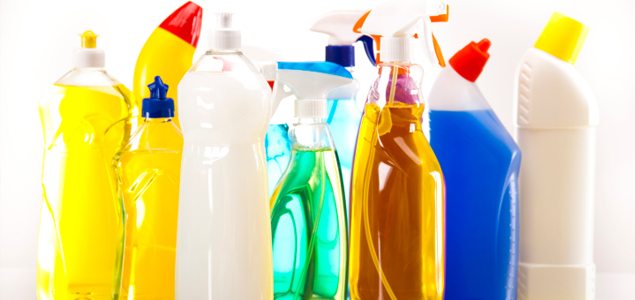A growing number of chemicals in pesticides, flame retardants and certain plastics have been linked to widespread health problems including infertility, diabetes and impaired brain development, a set of reviews of hundreds of studies concludes. Led by NYU Grossman School of Medicine, a team of environmental health experts analysed research published in the past five years on endocrine disruptors that are common in industrial and household goods. These include perfluoroalkyl substances (PFAS), toxins found in non-stick pans and waterproof clothing, and bisphenols, substances used in many plastics and can linings.
The recent reviews add 17 ties between certain medical conditions and endocrine disruptors to a list of 15 others already identified by a 2015 joint investigation led by the United Nations and the World Health Organization. The review identifies numerous new studies that link brain-related health concerns, such as IQ loss and attention deficit disorder (ADD), to flame retardants and chemicals found in certain pesticides. “These newer studies have strengthened the evidence linking endocrine disruptors to physical and especially neurological health issues,” says one of the reviews’ lead authors, Dr Linda Kahn, a postdoctoral fellow in the Department of Pediatrics at NYU Langone Health.
Household dust can contain endocrine-disrupting chemicals (EDCs) such as lead, flame retardants and PCB from ageing construction material or furniture. Vacuuming regularly, ideally with a HEPA filter, is one way to ensure the EDCs end up in the garbage, not in your lungs. According to the Endocrine Society, there are other things you can do to limit your exposure to some of the EDCs.
- Learn about common EDCs and where they’re found. ‘Non-stick’ and ‘stain-resistant’ are often red flags.
- Minimise consumption of processed foods as much as possible.
- Use filtered water as opposed to bottled water.
- Avoid microwaving or heating food in plastic containers or styrofoam.
- Reduce pesticide use.
- Read the labels on cleaning supplies, beauty items and detergents and opt for products that state they are free of phthalates and parabens.
- Choose cans and containers that are labeled BPA free.
- Whenever possible, say ‘no’ to receipts as thermal paper can be coated in BPA.




